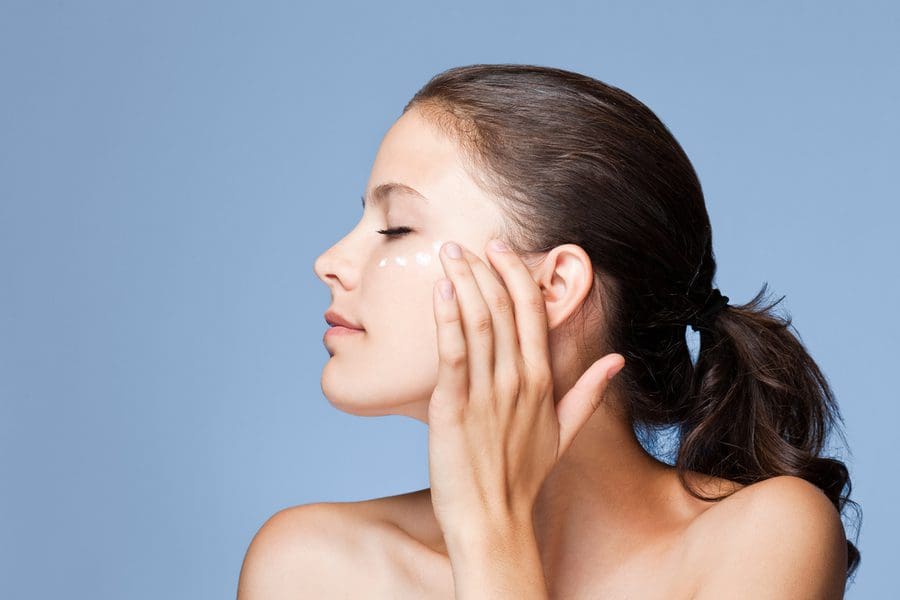Are eye creams a necessary part of a skincare regimen or just another expensive marketing gimmick? This debate is fierce among skincare experts. Sigh. Isn’t that the way? If you ask experts, estheticians, and skincare influencers, you will find almost as many supporters of eye creams as detractors. To untangle the truth, let’s consider some points about the eye area and examine both sides of the eye cream debate.
The eye area
The skin around your eyes is thinner than the rest of the skin on your face. It is prone to lifestyle triggers, sensitivities, and genetics. Because it’s so thin, it shows signs of aging faster. If you’re tired or have loaded up on salty food or alcoholic beverages, the eye area may become puffy, dry, red, or sensitive.
Arguments in favor of eye cream
- Eye creams have active ingredients to help treat specific issues like dark circles, puffiness, and wrinkles.
- If refrigerated, your eye cream can be used as an anti-puff treatment, since cold temps are effective at reducing puffiness.
- Using a night-time eye cream can help prevent wrinkles if you’re a side-sleeper – if your skin is moisturized, it doesn’t pull your skin as much on your pillow!
Arguments against eye cream
- Many doctors and experts think it’s acceptable to use a facial moisturizer as an eye cream. Look for a water-based moisturizer with humectants like glycerin, hyaluronic acid, and occlusives (ingredients that prevent water loss).
So…eye cream or no?
Our verdict? Up to you. If you find an eye cream that makes your skin feel refreshed, use it and be happy. If you have an effective, gentle moisturizer you use all over, why mess with it?
It stands to reason that a little self-care may help eye area issues, too. Here are some tips that will give your eye area some TLC, whether you use an eye cream or not:
- Watch your sodium and alcohol intake.
- Stay hydrated. Try to drink half your body weight in ounces of water (if you weigh 140 pounds, aim for 70 ounces a day).
- Get your sleep! Keep a consistent sleep schedule of 7-8 hours a night. Regulate your stress level with exercise, meditation, a healthy diet, and positive socialization.
- Be gentle around your eye area. Avoid rubbing your eyes—instead, tap products in with your ring finger (this finger tends to have the most gentle pressure).
- Wear sensitive skin-approved SPF. For bonus points, wear sunglasses!
- Consider tried-and-true spa treatments such as cucumber slices or cold facial rollers. Keep creams in the refrigerator for an extra dose of “Ahhhh…”
- Make sure your eye cream has been dermatologist and ophthalmologist tested and is suitable for your skin type.
- Expensive eye creams are not necessarily better. Consider the ingredient list and look for hydrators like glycerin, hyaluronic acid, and squalane. You don’t need to pay for fancy packaging. Look for products without fragrance for less irritation.







